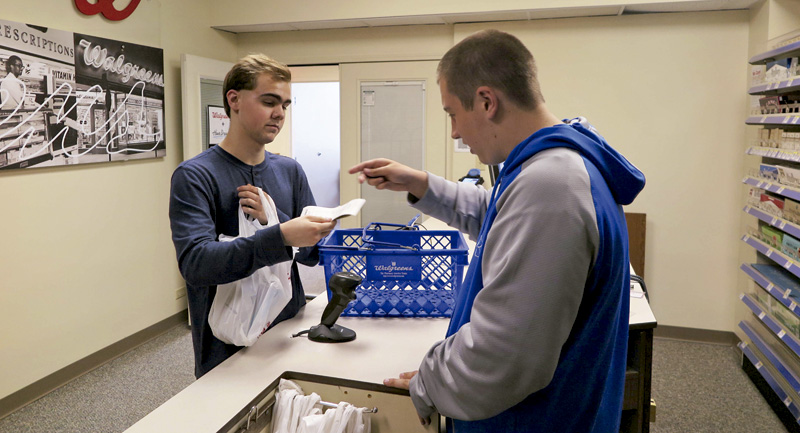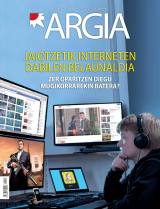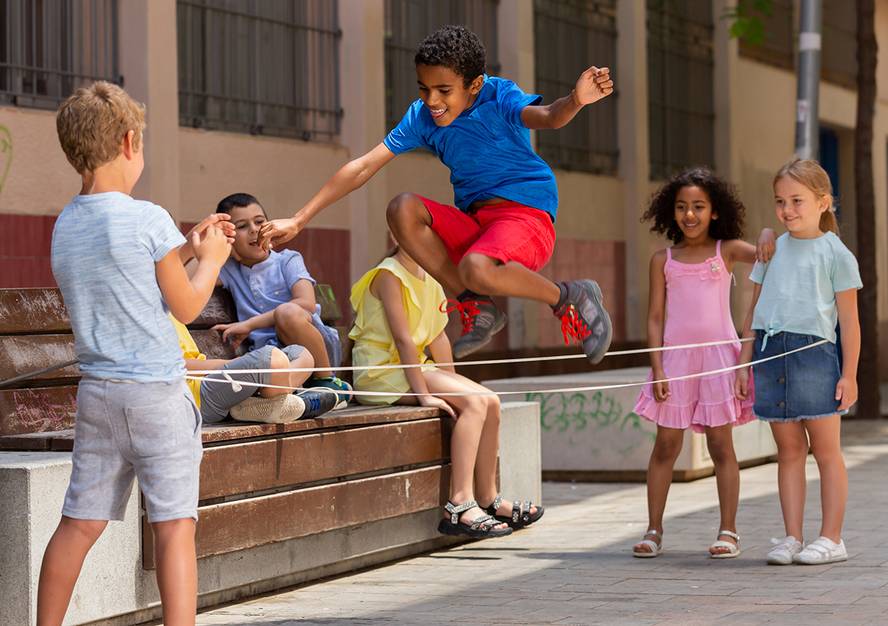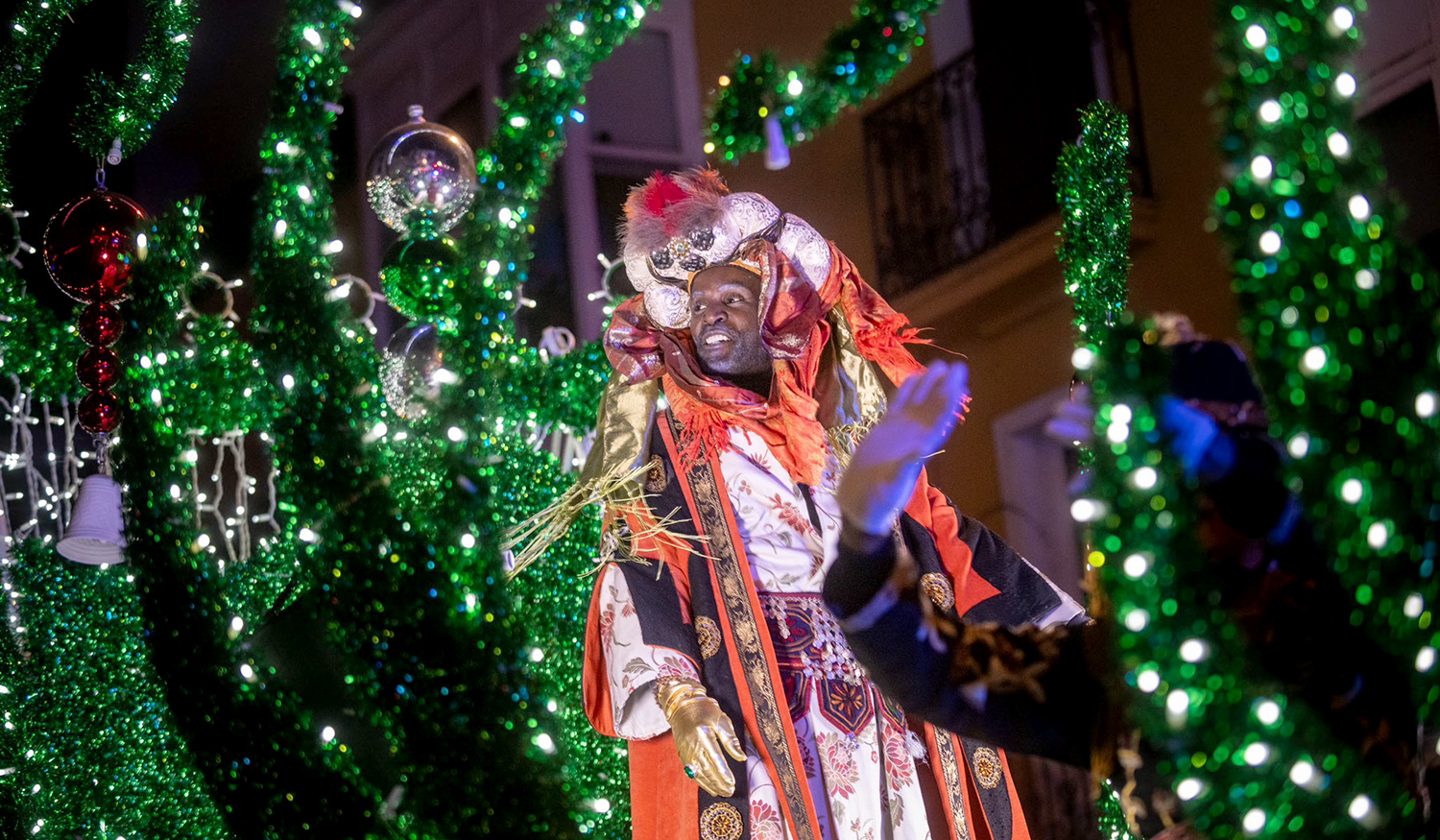"We don't know what's going to happen to our son when he's not next to him."
- We are Isabel González and Manuel Ruiz, a marriage from Bilbao. Our son Ramón has Asperger's syndrome. Autism is often seen only as a child problem, but these children grow up and with it come new headaches. Today, Ramón is 40 years old and we are very concerned about his future.

By the age of five, he had already diagnosed autism. I had no obvious signs, but we perceived something. Over time, it became increasingly clear that he had something special. In the end, he was diagnosed with Asperger's syndrome, but we had enough work to diagnose correctly. The phenomenon of autism was barely known at that time and some psychiatrists did not have sufficient knowledge.
Within Autism Spectrum Disorder, Asperger Syndrome is one of the mildest diseases. Ramon has no intellectual delay. It's able to talk and reason. However, it sees reality with other eyes and has difficulties in properly developing human relations in certain situations. In school, for example, it happened very badly. He has photographic memory and he learned to read before the other children. In addition, he talked about issues that for a child of his age were not normal. Tensions arose and the relationship deteriorated.
In the end, during the Elementary stage, she suffered bullying at school. The rest of the kids would leave. This experience, as usual, caused great damage. Integration came very dear to our son. It is very nice to confuse a child who has a problem with the rest, but for that you need a professional who knows how to manage the situation. Otherwise, only damage occurs.
In Ramón's case, the teachers did not have the necessary training to work with a child with autism. Since then, progress has been made in this field, and we believe that children with autism today have more opportunities. In this sense, the work carried out by the autism associations should be highlighted. Ramon worked in a society in Bilbao and came to him well to get used to everyday situations.
In our opinion, these associations and centres are the key to the development of people with autism. It helps them to develop social life, and that is what we really need to strengthen. There is no other way to the proper social integration of these people. Providing training tailored to the characteristics of each person can greatly increase their independence and, in general, their quality of life.
The goal is to be independent people in the big ones. It's very sad to leave them in a corner once they've arrived. Now we are in that trance. We're very worried because we don't know what's going to happen to our son when we're not next to him. We see nothing clear about the future. Where is he going to be? With whom? Do you feel comfortable? We did not find answers to these questions.
The institutions do not offer us alternatives. It seems that the only possibility is to enter a residence, and we don't want it for Ramón, because we know he wouldn't feel comfortable. We therefore believe that the institutions should broaden the range of alternatives. There are a lot of people with proper training, so things just need to be organised properly. We think there's the solution.
Berrogei urte dira Euskal Herrian autismoaren inguruko lehen azterketak eta zerbitzuak hasi zirela. Urte hauetan asko aldatu da autismoaz dakiguna. Uste baino heterogeneoagoa da. Uste baino ohikoagoa. Normalagoa.
“Normaltasun” parametroak betetzen ez dituenaren gaitasunak zalantzan jartzera ohituta dagoen gizarte honetan, lezio ederra eman du Bryan aita-bakarrak: munduari erakutsi nahi izan dio Asperger sindromea duen arren eta zailtasunak zailtasun, gauza dela haurra... [+]
Autismoaren Nazioarteko Eguna da apirilaren 2a. Autismoa duten pertsonei laguntzeko programarik garatuenetakoa dute Gipuzkoan. Hortik oso gertu aldiz, alor honetan berrogei urteko atzerapena dutela kexu dira Lapurdi, Zuberoa eta Nafarroa Behereko gurasoak, Frantziako Estatuan... [+]



















